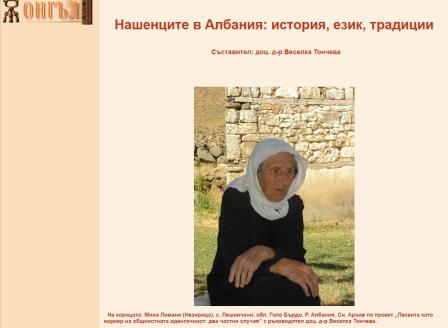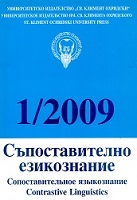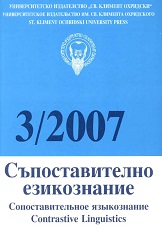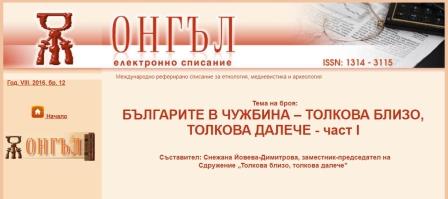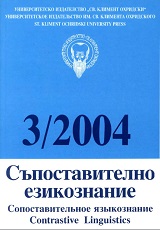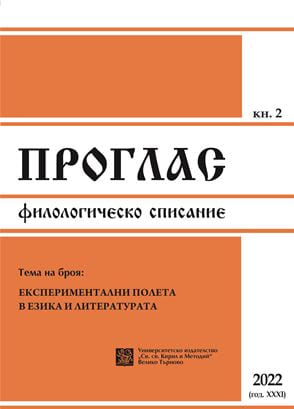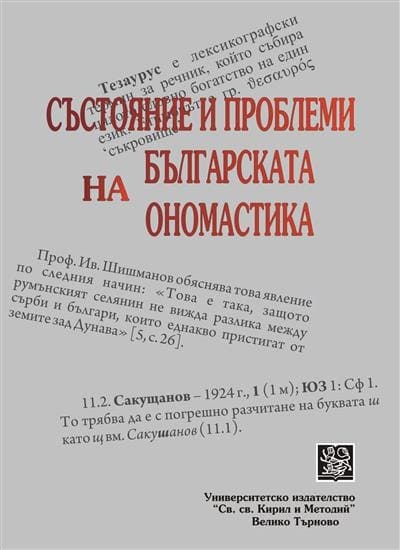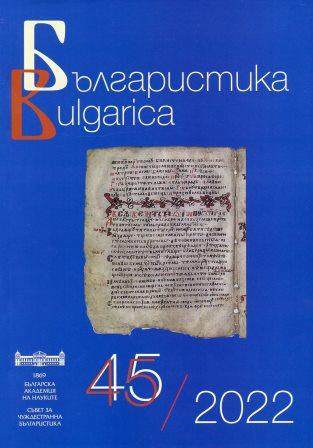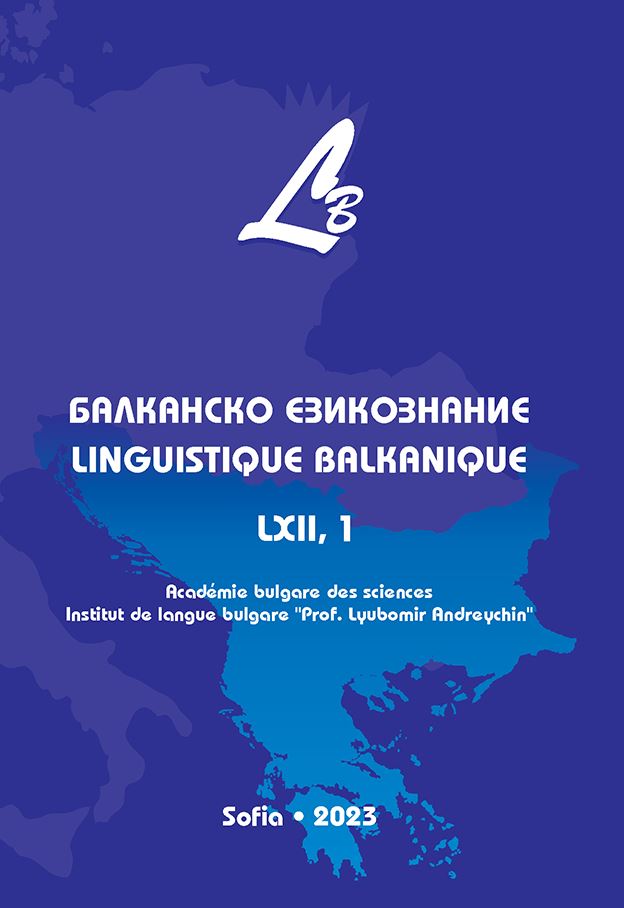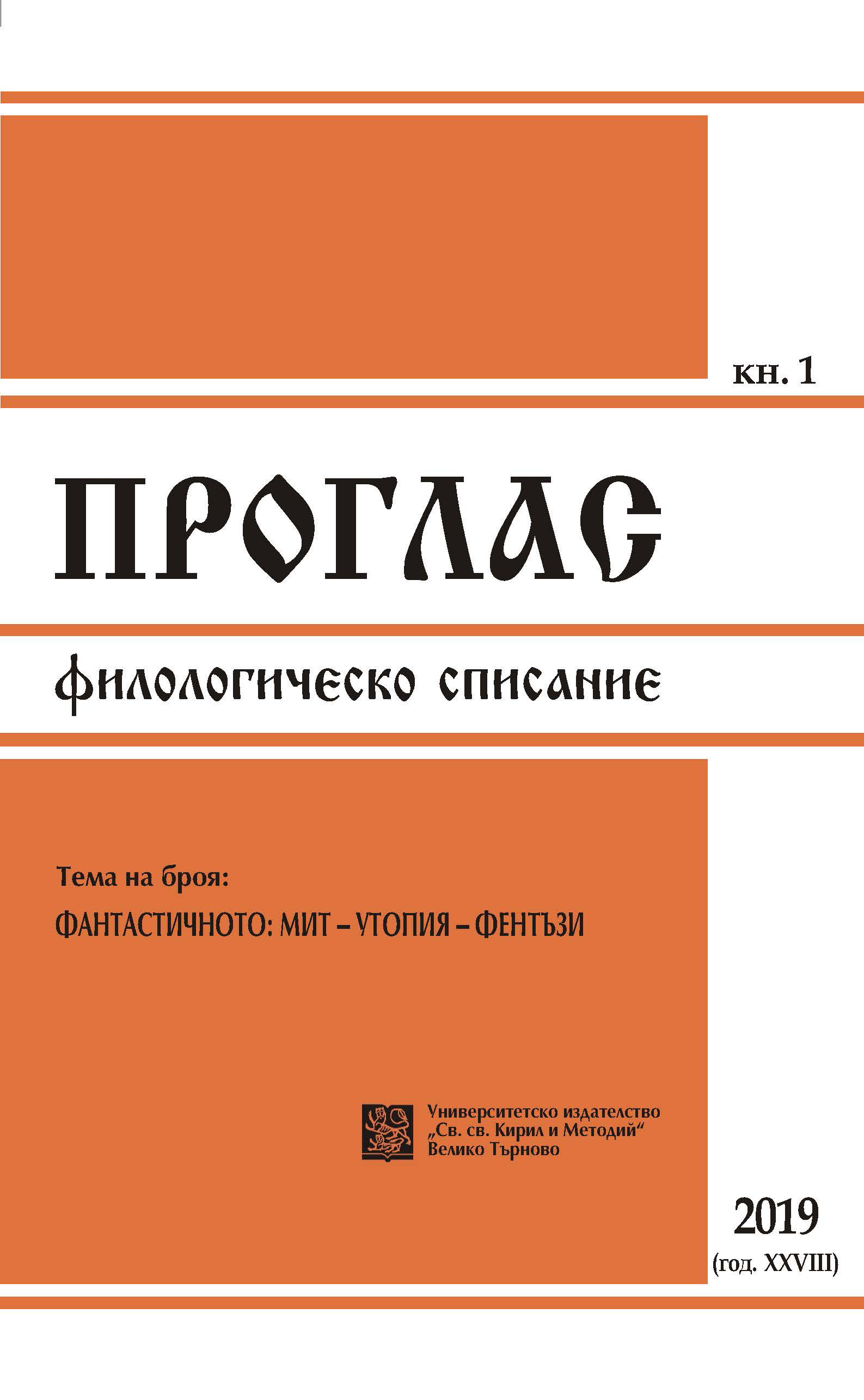
(Не)познатият език: Гергьовден при бесарабските българи
Folk-calendar terminology is an expression of the national specificity of cultures. This makes its studying promising within the framework of the tendencies for ‘European-style thinking’ which have emerged since the beginning of the 21st century. The article examines St. George’s Day customs and rituals in their ethnolinguistic aspect. G’erg’ewd’en (Vch, Cub, Chsh), G’ergyovd’en (A, G, Kam, Dl, Z), G’ergyochd’en (A) , G’ergyouud’en(Kr), Gyorguvd’en (Kul), Gyorguud’en (R), Gerg’ofden (Cyr), G’argyovd’an (DN), Gergiuden (Or) – the largest and richest – in a ritual sense – spring religious vestive-ritual complex of the Bessarabian Bulgarians, which is celebrated on the 6th of May (on the 23rd of April old style) and is dedicated to the Christian saint George, who is – in the folk tradition – the protector of shepherds and flocks. The paper attempts to systematize and explore the peculiarities of the cultural dialect associated with St. George’s Day ritual sequence.
More...
